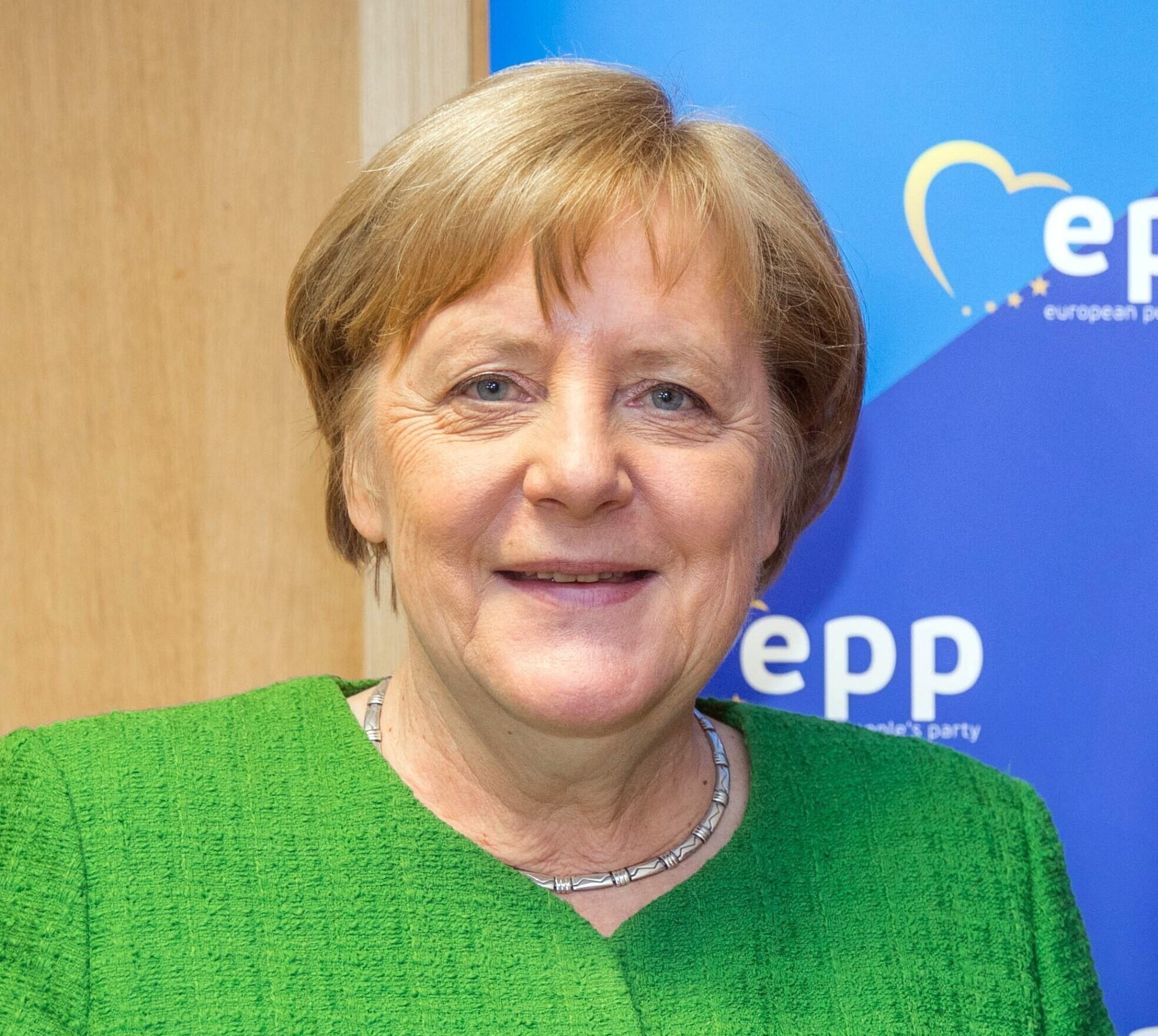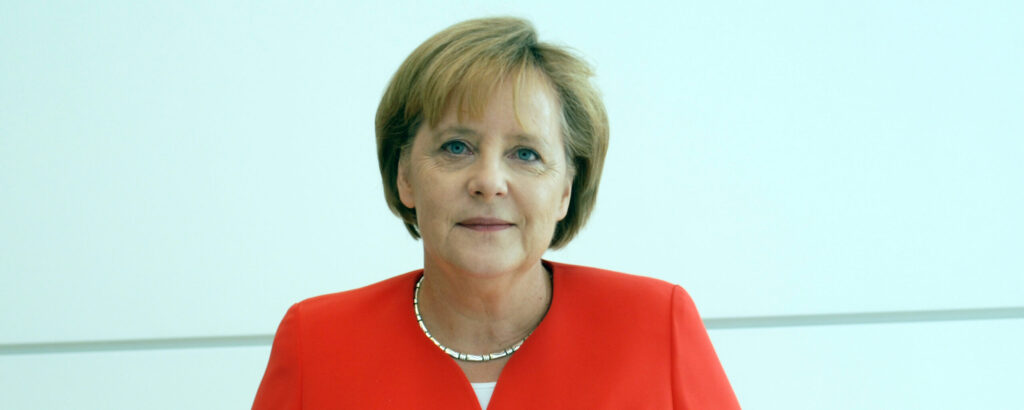Angela Merkel: Legacy of Germany’s First Female Chancellor
Angela Merkel : The Life and Legacy of Germany’s First Female Chancellor

You Can Like : Donald Trump Business Empire and Politics
Early Life and Education
Angela Dorothea Merkel was born on July 17, 1954, in Hamburg, West Germany. Shortly after her birth, her family relocated to East Germany, where her father, a Lutheran pastor, took a position in a rural parish. Merkel grew up in Templin, a small town north of Berlin, where she consistently demonstrated academic excellence. She studied physics at the University of Leipzig and earned a doctorate in quantum chemistry in 1986. Her scientific background helped her develop a disciplined and analytical approach to problem-solving, which later became a defining characteristic of her political career.
Entry into Politics
After the fall of the Berlin Wall in 1989, Merkel began her political journey. She joined the newly formed Democratic Awakening party, which eventually merged with the Christian Democratic Union (CDU). In 1990, Merkel was elected to the Bundestag (German parliament) and quickly advanced through the party ranks. Her political mentor, then-Chancellor Helmut Kohl, was impressed by her capabilities and appointed her as Minister for Women and Youth in 1991. By 1994, she became Minister for the Environment, gaining recognition for her work on environmental policy. During this period, she built a reputation for competence and dedication.
Chancellor of Germany
In 2000, Merkel was elected as the leader of the CDU, making history as the first woman to hold this position. Her leadership style was characterized by pragmatism, caution, and a consensus-building approach. In 2005, Merkel achieved another milestone by becoming the first female Chancellor of Germany.
Throughout her 16-year tenure, Merkel guided Germany through several major crises, including the 2008 global financial crisis, the Eurozone debt crisis, and the 2015 refugee crisis. She consistently demonstrated a commitment to fiscal discipline, European integration, and humanitarian values. Although some decisions faced criticism, Merkel’s calm and steady leadership style earned her the affectionate nickname “Mutti” (Mom) among the German public.

Key Policies and Achievements
Merkel’s chancellorship was marked by several significant policy initiatives and accomplishments:
- Economic Stability: During the Eurozone crisis, Merkel prioritized economic stability. She enforced austerity measures on struggling economies to preserve the Eurozone’s integrity. While her approach was praised for its discipline, it also faced criticism due to the harsh conditions imposed on debtor nations.
- Energy Transition (Energiewende): In response to the Fukushima nuclear disaster in 2011, Merkel spearheaded a bold decision to transition Germany from nuclear power to renewable energy. This ambitious policy aimed to reduce carbon emissions and promote sustainable energy solutions.
- Refugee Policy: In 2015, Merkel made the humanitarian decision to open Germany’s borders to over one million refugees, primarily from Syria. While this move was applauded globally, it also triggered domestic political backlash and contributed to the rise of far-right movements.
- Global Influence: On the international stage, Merkel’s diplomatic skills and pragmatic approach were widely recognized. Her advocacy for multilateralism, climate action, and democratic values strengthened Germany’s position as a leading global power.
Legacy and Impact
In 2021, Merkel stepped down as Chancellor, leaving a legacy defined by stability, pragmatism, and resilience. Her leadership redefined Germany’s political landscape and set a precedent for future female leaders.
Her calm and rational demeanor in addressing complex challenges earned her global respect. Although her policies faced scrutiny in certain areas, Merkel’s legacy as a trailblazer and a symbol of steady leadership remains enduring. With her departure, an era in German politics came to an end, but the profound impact she left on Germany and the world continues to be felt.
Drake : From Child Actor to Global Music Icon and Business
[…] You May Like : Angela Merkel : Germany’s First Lady Chancellor […]